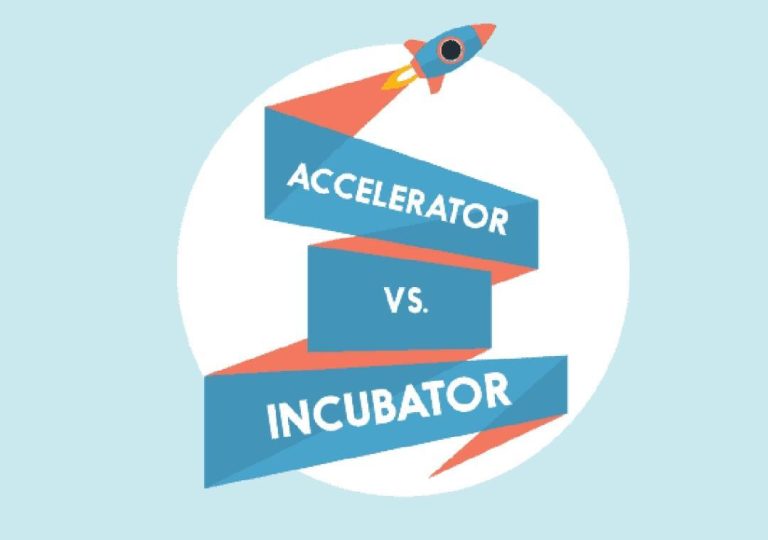
83% of Startups Say AI or ML Gave Them a Competitive Edge
In today’s fast-paced and highly competitive tech landscape, startups are constantly seeking ways to gain a competitive advantage over their legacy counterparts. For many, this advantage comes in the form of leveraging Artificial Intelligence (AI) and Machine Learning (ML) technologies. In a recent survey, a staggering 83% of tech founders reported that AI/ML gave them a significant speed and efficiency edge over their competitors. This is not a surprise, given the transformative power of AI and ML in streamlining operations, enhancing decision-making, and driving innovation.
For lean startups, AI and ML are leveling the playing field. Gone are the days when large operations teams and hefty budgets were necessary to stay ahead of the curve. Instead, startups are building with smart tech stacks powered by ML models and AI decision engines. This shift is revolutionizing the way businesses operate, and it’s not just about staying competitive – it’s about thriving in an era where technology is the driving force behind innovation.
What is AI and ML?
Before we dive deeper into the benefits of AI and ML for startups, it’s essential to understand what these technologies entail. AI refers to the development of computer systems that can perform tasks that typically require human intelligence, such as visual perception, speech recognition, and decision-making. ML, on the other hand, is a subset of AI that enables machines to learn from data without being explicitly programmed.
In simpler terms, AI is the brain, while ML is the ability to learn and improve over time. By combining these two technologies, startups can create intelligent systems that can analyze vast amounts of data, identify patterns, and make predictions – all without human intervention.
The Benefits of AI and ML for Startups
So, how exactly are AI and ML giving startups a competitive edge? Here are just a few examples:
- Faster Time-to-Market: With AI and ML, startups can develop and launch products faster than ever before. By automating repetitive tasks and making data-driven decisions, teams can focus on high-value tasks like innovation and strategy.
- Improved Customer Insights: AI-powered analytics can help startups gain a deeper understanding of their customers’ behavior, preferences, and needs. This enables them to create targeted marketing campaigns, personalize customer experiences, and improve customer retention.
- Enhanced Decision-Making: By analyzing vast amounts of data, AI and ML models can provide startups with actionable insights that inform their decision-making process. This reduces the risk of human bias and enables teams to make data-driven decisions.
- Increased Efficiency: AI and ML can automate mundane tasks, freeing up team members to focus on higher-value activities. This not only increases efficiency but also reduces costs and improves productivity.
- Scalability: AI and ML models can be easily scaled up or down to meet the needs of a growing or shrinking business. This makes them an attractive solution for startups looking to expand rapidly.
Real-World Examples of AI and ML in Action
To illustrate the impact of AI and ML on startups, let’s look at a few real-world examples:
- Chatbots: Many startups are using AI-powered chatbots to provide 24/7 customer support. These chatbots can handle a high volume of conversations, reducing the need for human customer support agents and freeing up teams to focus on higher-value tasks.
- Predictive Maintenance: AI-powered predictive maintenance is being used by startups in industries like manufacturing and logistics to identify potential equipment failures before they occur. This enables them to schedule maintenance proactively, reducing downtime and improving overall efficiency.
- Personalized Marketing: AI-powered marketing platforms are enabling startups to create highly targeted marketing campaigns that resonate with their audience. By analyzing customer data and behavior, these platforms can deliver personalized messages that drive conversions and revenue.
Conclusion
In today’s fast-paced tech landscape, startups that fail to adopt AI and ML technologies risk being left behind. By leveraging these technologies, startups can gain a competitive edge, reduce costs, and improve their overall efficiency. As the technology continues to evolve, we can expect to see even more innovative applications of AI and ML in the startup world.
Source
For more information on AI and ML, and how they’re being used by startups to gain a competitive edge, check out the article “What is AI and ML? How is it Important?” on Growth Jockey’s blog: https://www.growthjockey.com/blogs/what-is-ai-and-ml-how-is-it-important






